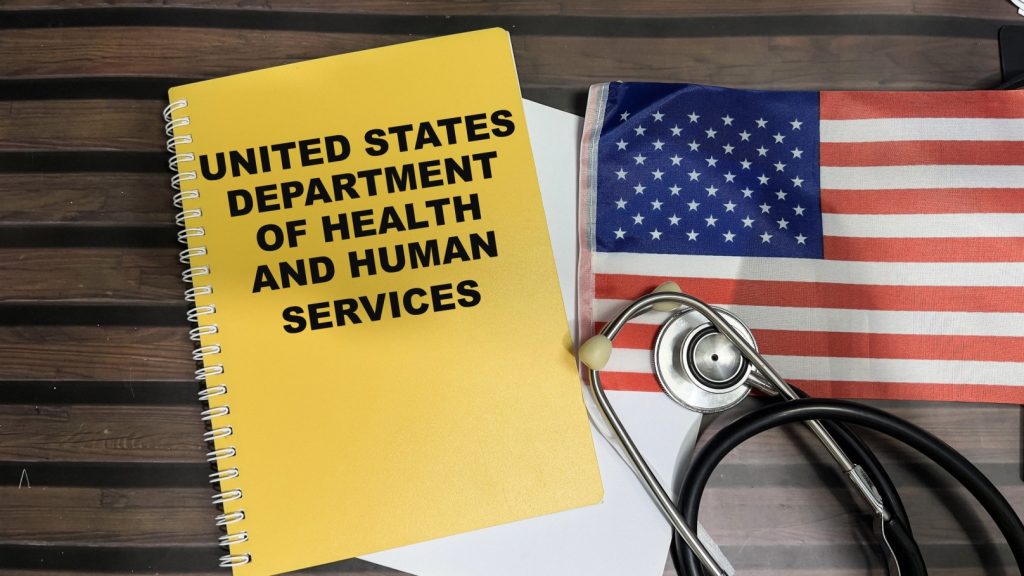toxicity
Financial and Psychosocial Challenges Among Women with Metastatic Breast Cancer: A Qualitative Study
Background:
The cost of cancer treatment is higher for breast cancer than any other cancer diagnosis, leaving women with metastatic breast cancer ...
Suffering and adjustment: a grounded theory of the process of coping with financial toxicity among young women with breast cancer
Purpose:
To explore the process of coping with financial toxicity among young women with breast cancer and formulate a grounded theo...
The Toxicity of Ethanol and its Connection to Breast Cancer: Risks and Awareness Among Women
0
Oncologists Association: “Ethanol is more toxic for women but few know the risks.” In half a century, breast cancer survival has gone from 30% ...
Black Women, Breast Cancer and Financial Toxicity: Finding An Ally in a Daunting Fight | News
After completing a self-exam and feeling two lumps in her breasts, Danetta Hall saw several doctors before receiving a final diagnosis of HER2-posi...
CAR T-Cell Therapy Outcomes Likely Not Influenced by Race/Ethnicity, Obesity
Researchers studied data from 5 phase 1 studies that took place between 2012 and 2021, comprising 139 infusions among patients with B-cell acute ly...
Trending Topics
Features
- Drive Toolkit
Download and distribute powerful vaccination QI resources for your community.
- Health Champions
Sign up now to support health equity and sustainable health outcomes in your community.
- Cancer Early Detection
MCED tests use a simple blood draw to screen for many kinds of cancer at once.
- PR
FYHN is a bridge connecting health information providers to BIPOC communities in a trusted environment.
- Medicare
Discover an honest look at our Medicare system.
- Alliance for Representative Clinical Trials
ARC was launched to create a network of community clinicians to diversify and bring clinical trials to communities of color and other communities that have been underrepresented.
- Reducing Patient Risk
The single most important purpose of our healthcare system is to reduce patient risk for an acute event.






















